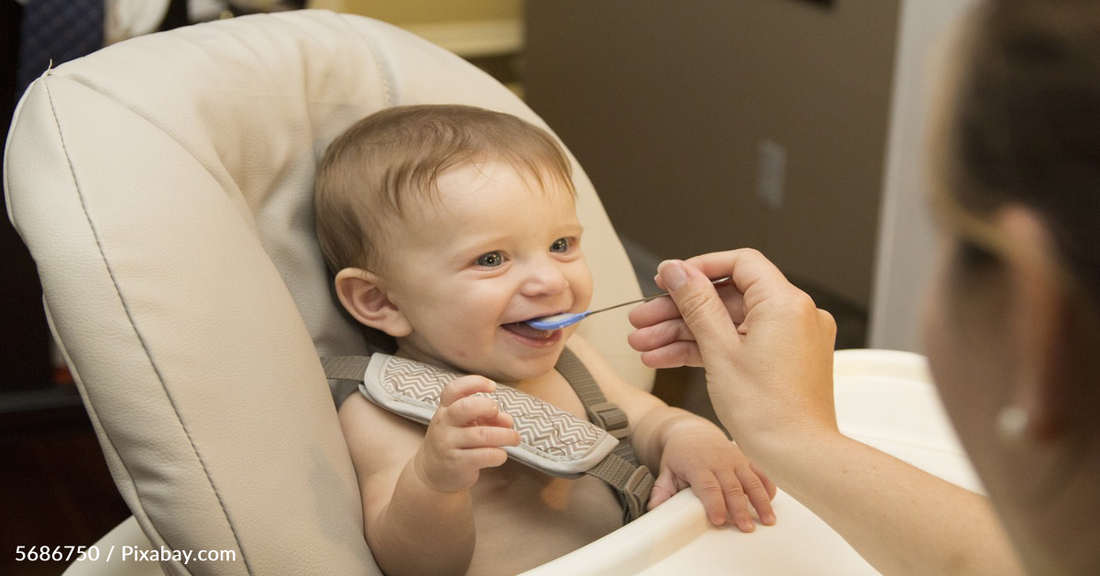The FDA Just Released New Guidelines On Lead In Baby Food
Timothy Roberts
Many of us in the United States depend on the Food and Drug Administration (FDA) to watch out for our health. We do what we can to research this information online, but at the same time, we know that they are a resource we can often trust.
Recently, the FDA has proposed a limit for the maximum amount of lead in baby foods. Perhaps it is a surprise that lead is allowed in those foods, but knowing that heavy metal contaminants exist makes it necessary to regulate them.
 Photo: Pixabay/5686750
Photo: Pixabay/5686750
The FDA said in a statement that they have been working to reduce lead exposure for over three decades. They also work on other environmental contaminants that may find their way into our food. As a result, blood exposure has dropped since the mid-1980s.
With the proposed action of reducing lead even further in baby food, they are taking things to the next level. They said that working with state and federal partners as well as industry and growers, helps them come up with a long-term, meaningful, sustainable strategy.
Just how much of a difference will this make? There could be as much as a 27% drop in exposure to lead for babies and young children who eat those foods regularly. This is a considerable benefit.
 Photo: Pexels/Lisa Fotios
Photo: Pexels/Lisa Fotios
There is a 60-day period when public comment is allowed, but after that time, the limitations would be mandatory for baby food manufacturers. There is a limit of 10 ppb in yogurts, vegetables, and fruits. In dry cereals and root vegetables, the levels are 20 ppb.
According to the vice president of public affairs for the Environmental Working Group, Scott Faber, this is substantial progress for babies. It was reported in the New York Times that: "We were grateful that FDA has and the Biden administration has made reducing toxic metals in baby food a priority."
There was a study conducted in 2022 that showed how 95% of prepackaged and homemade baby foods had some level of toxic heavy metals. This included more than lead. It also contained arsenic.
 Photo: Pixabay/Ben Kerckx
Photo: Pixabay/Ben Kerckx
The CDC also reports that exposure to lead during childhood through food and other means can cause brain and nervous system damage along with slow development and growth.
There are some types of foods that are not included in the regulations, such as snacks based on grain. There are also no limits on levels of mercury and contaminants such as arsenic.
A research director for Healthy Babies Bright Futures, Jane Houlihan, said it isn't enough to protect babies from neurodevelopmental damage and lead exposure. She went on to explain that in every baby food they've tested, they found lead.
So, it may be a step in the right direction but it seems as if we need to take more steps.


